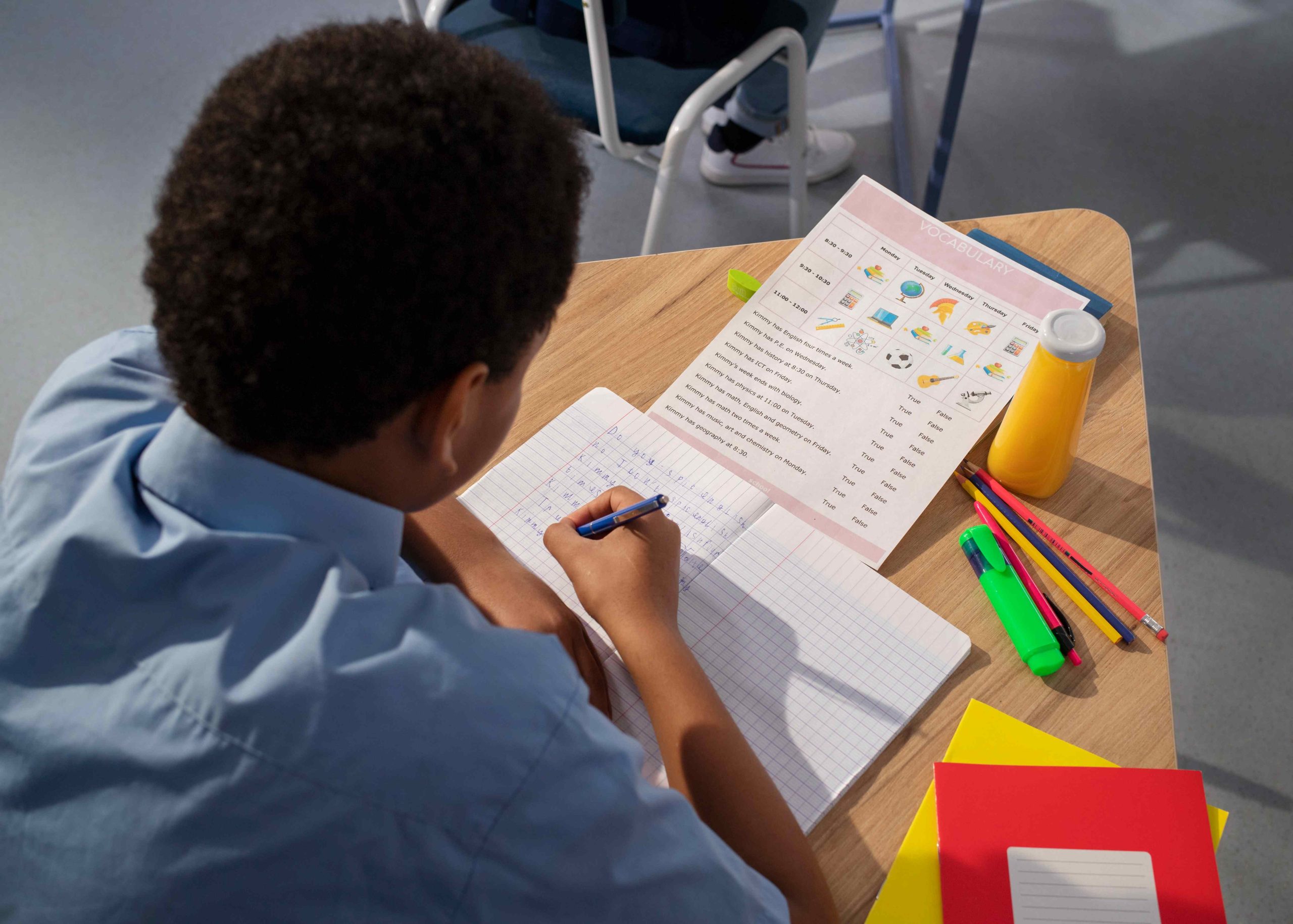
The Impact of Preschool Education on Academic Performance in Higher Level Examinations
As educators, parents, and guardians, we all aim for the academic success of preschoolers. We want them to achieve high grades and have a bright future. But how does preschool education contribute to this? Does it influence their performance in higher-level exams? This article explores the connection between preschool education and academic achievement in higher-level exams, offering insights for parents and teachers on how to support preschoolers in their academic journey.
Preschool Education and Its Impact on Cognitive Development
Research indicates that preschool education significantly impacts the cognitive development of preschoolers. Those who receive high-quality preschool education develop a stronger foundation for future academic success. This includes enhanced language skills, problem-solving abilities, and critical thinking skills, all of which contribute to better performance in higher-level exams.
Preschool Education and Its Impact on Social Development
In addition to cognitive development, preschool education plays a crucial role in social development. Preschoolers who receive high-quality education have more opportunities to socialize, improve communication skills, and form lasting bonds with peers and instructors. These social skills are vital for navigating higher-level schooling and performing well in academic assessments.
The Importance of Early Intervention
Early intervention is key when it comes to preschool education and academic performance. Preschoolers who receive high-quality education early on are more likely to excel in higher-level exams, graduate from high school, and pursue higher education. Early intervention also helps identify and address any learning difficulties before they impact academic achievement in more challenging exams.
The Role of Parents and Guardians
Parents and guardians play a crucial role in ensuring the academic success of preschoolers. Their involvement, from choosing a quality preschool program to creating a supportive home environment, significantly impacts their child’s performance in higher-level exams. Research shows that active parental involvement positively correlates with preschoolers’ academic achievements.
The Role of Educators
Teachers are instrumental in shaping preschoolers’ academic progress. High-quality preschool education requires dedicated and well-trained teachers who can foster a secure and motivating learning environment. Teachers who build strong relationships with students and create supportive learning environments greatly influence students’ success in higher-level exams.
The Importance of Early Intervention in Preschool Education
Early intervention is crucial for supporting preschoolers’ academic success. Research underscores the importance of the first five years in cognitive and social development. Quality preschool education provides an ideal platform for early intervention, ensuring preschoolers receive the necessary support and resources to excel academically.
The Role of Parental Involvement in Preschool Education
Parental involvement is vital for preschoolers’ academic success. Parents play a critical role in supporting their child’s learning and development, which significantly impacts academic performance. By fostering a supportive learning environment at home and collaborating with educators, parents can enhance their child’s academic journey.
The Impact of Quality Preschool Education on Cognitive and Social Development
Quality preschool education has a profound impact on preschoolers’ cognitive and social development. Preschoolers who attend high-quality programs exhibit better cognitive and social skills, setting them up for academic success. A supportive learning environment that emphasizes cognitive and social skills is crucial for preschoolers’ overall well-being.
The Impact of Preschool Curriculum on Academic Performance
The preschool curriculum plays a crucial role in shaping preschoolers’ academic performance. A well-designed curriculum that fosters cognitive, social, and emotional skills is essential for academic success. Tailoring the curriculum to meet individual needs ensures that all preschoolers have the opportunity to excel academically.
The Importance of Play-Based Learning in Preschool Education
Play-based learning is fundamental in preschool education. It allows preschoolers to explore, experiment, and develop essential skills such as creativity and problem-solving. Quality preschool programs integrate play-based learning into the curriculum to promote cognitive, social, and emotional development.
The Impact of Preschool Teacher Training on Preschoolers’ Academic Performance
Preschool teacher training significantly influences preschoolers’ academic development. Well-trained teachers equipped with knowledge of early childhood education and instructional techniques play a pivotal role in supporting preschoolers’ learning and development. Early intervention, individualized instruction, and family engagement are key components of effective preschool teacher training.

